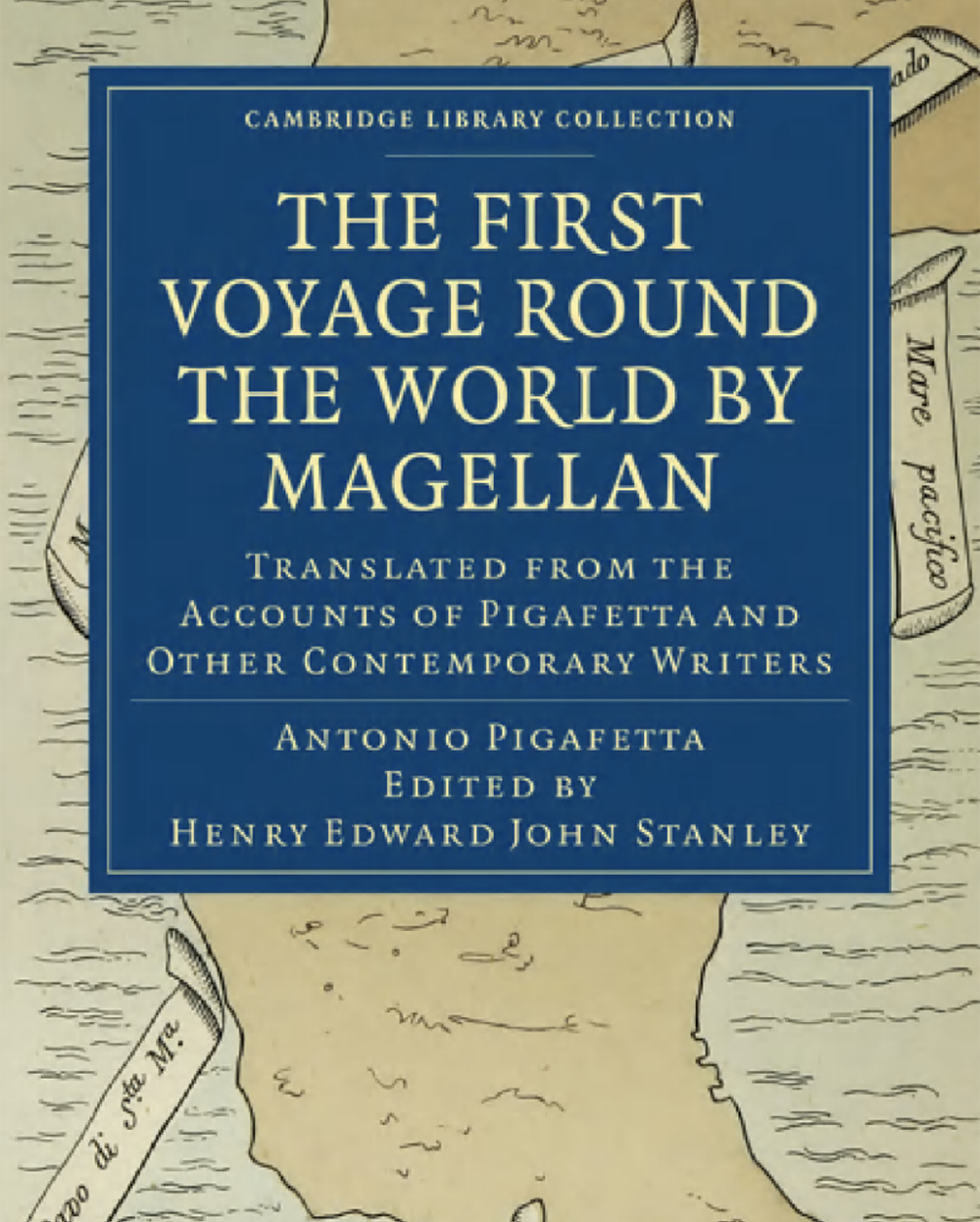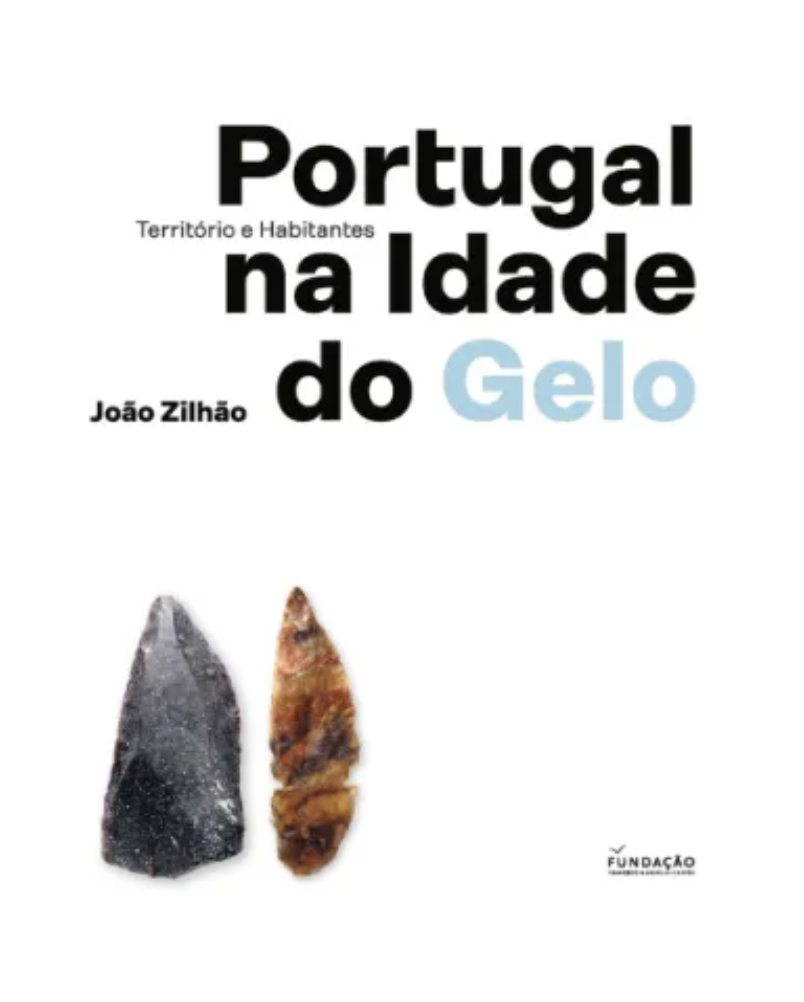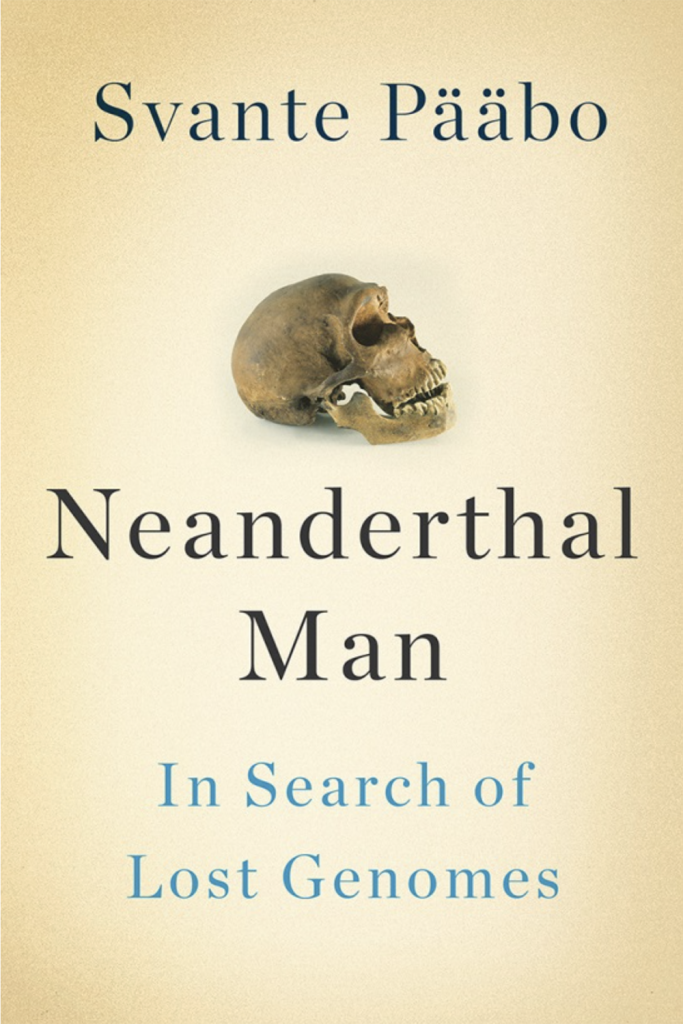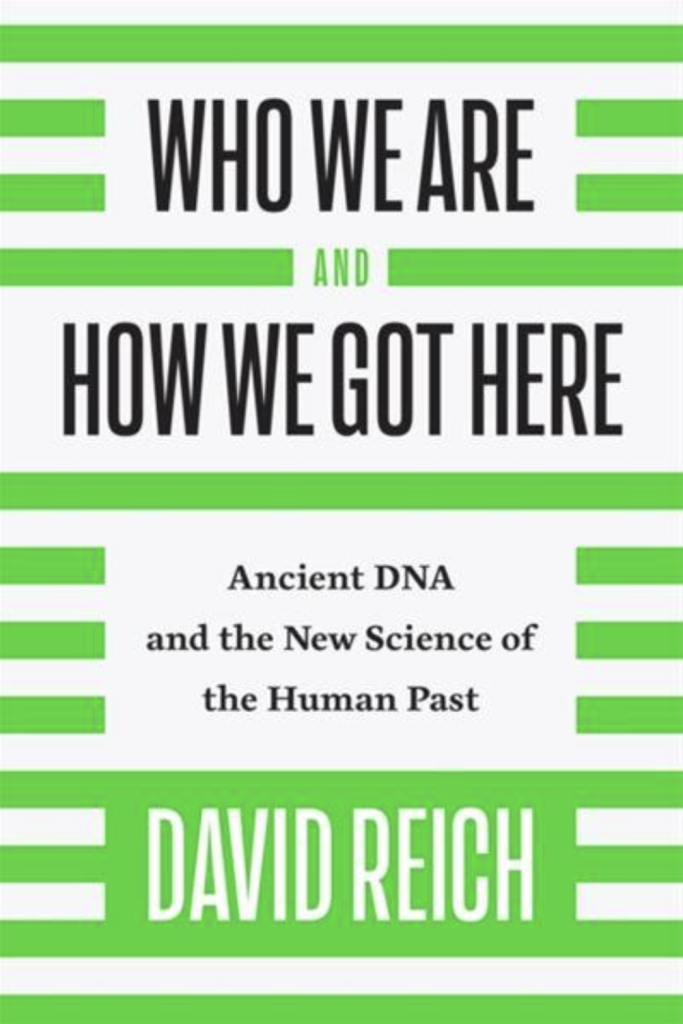Readings
Our selection of books, suggested by our panel of experts, includes some of the most popular titles on human diversity and will allow you to further explore the content that interests you most.

The first voyage around the world by Magellan
by Antonio Pigafetta; edited by Cambridge University Press
The Italian pilot Antonio Pigafetta published a lively account of the first circumnavigation of the globe by the Magellan’s expedition, in 1519–1522. He wrote detailed descriptions of the inhabitants, integrated in the geography, climate, flora and fauna, of the places that the expedition visited. By current standards, some of these descriptions reflect prejudices and misconceptions, but at the same time, they are naïve impressions of the first encounter with such diverse people. This edition also contains other informative material relating to Magellan’s voyage, as log-books, records by the pilot and others, and details of the crew and the cost of the fleet.
Recommended by Luísa Pereira

Portugal na Idade do Gelo. Território e Habitantes
by João Zilhão; published by Fundação Manuel dos Santos (November 2023)
Any archaeologist has the ambition of making a major archaeological discovery that will greatly advance our knowledge of people and their way of life. João Zilhão is one of the few who can claim to have been at the heart of several remarkable discoveries that transformed our understanding of human evolution. Many of these discoveries were made on Portuguese soil and in this book Zilhão describes them with professional rigour, yet in a simple and engaging way. Reading it allows us to visualise the territory and inhabitants of Portugal during the Ice Age or Pleistocene, which began 2.6 million years ago (although the first humans found in Iberia date back to 800,000 years) and ended around 11,700 years ago, when the Holocene began. In the Ice Age, the environmental impact of the Homo genus would have been almost non-existent, if the demographic values inferred by the carrying capacity calculation are to be believed: in the period 30,000-12,500 years ago, Iberia would have had 90,000 people (a mere 15 inhabitants/100 km2, of which 13,500 would have been in Portugal); Italy would have had 30,000 people; and 20,000 would have lived on the great North European plain and 40,000 on the steppes of Ukraine and Russia. Lions, hyenas, rhinos and horses dominated in a wooded moorland landscape such as present-day Scotland. The numerous illustrations and photographs, most of them by the author himself, contribute to the exemplary quality of this reference book to learn about our past.
Recommended by Luísa Pereira

Neanderthal Man: In Search of Lost Genomes
by Svante Pääbo; edited by Basic Books
A very personal account of the race for the sequencing of the first genome of the extinct hominid Neanderthal, by the evolutionary anthropologist Svante Pääbo. The author was fundamental in launching the recent field of ancient DNA, which is currently passing through a boom phase, after technological improvements allowed to retrieval of information from highly degraded ancient samples. The book is very appealing to the non-specialized public as it is written to describe the failures, successes, fights, and friendships established between scientists, avoiding scientific jargon. Sometimes, there are too many personal details.
Recommended by Luísa Pereira

Who We Are and How We Got Here: Ancient DNA and the New Science of the Human Past
by David Reich; edited by Pantheon
The mysteries of past human populations become “alive” in this impressive account of the boom phase of the field of ancient DNA. If Svante Pääbo can be considered the father of the field, David Reich was the leader of the “industrial revolution” in the screening of ancient genomes. In scientific journals, papers on ancient DNA passed from including a couple of samples to describing hundreds of samples. It is not surprising that these papers are being published in top journals, such as Nature, Science, and Cell. In this book, the author is very successful in describing these amazing revelations on past human populations for the general public.
Recommended by Luísa Pereira
